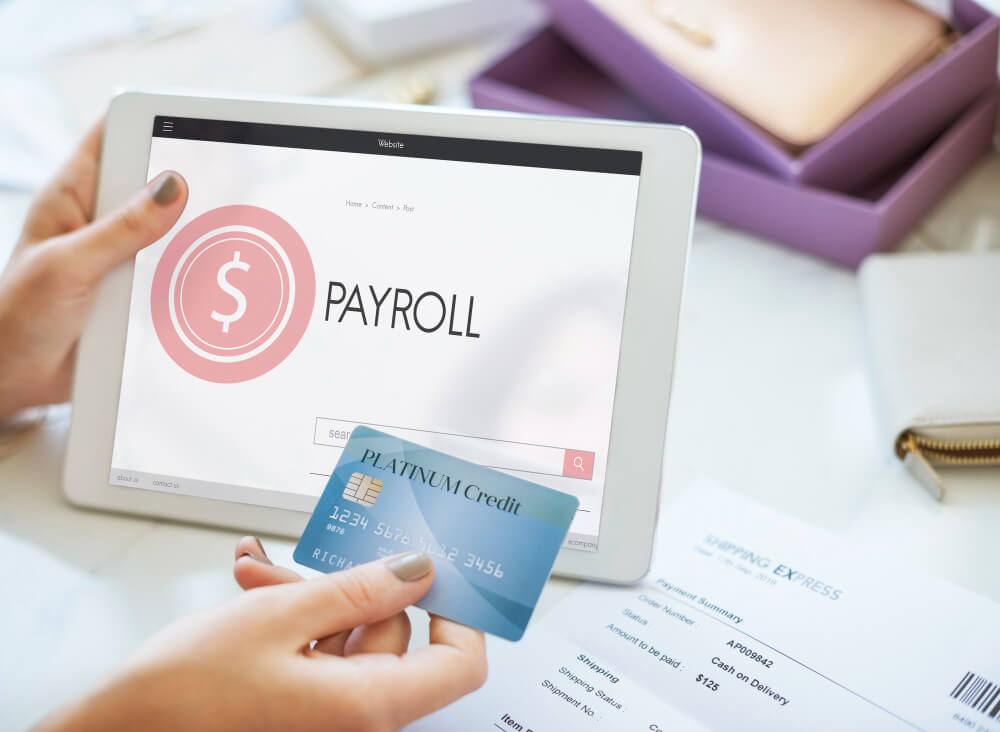Business
How Payroll Cards Offer Flexibility Without a Bank Account

Understanding Payroll Cards
In today’s fast-paced, digital-driven world, payroll cards have become a transformative financial tool for individuals who often find traditional banking inaccessible. Conceived primarily to support the unbanked or underbanked populations, these cards offer a practical solution that bridges the gap between cash and digital finance. Unlike conventional wages paid through checks or direct deposits, payroll cards act like prepaid debit cards onto which employers directly load employee wages. By leveraging these cards, employees gain instant access to their funds, bypassing the usual delays associated with check cashing. The emergence of tipping software and other innovative digital tools further enhances the utility and appeal of payroll systems by integrating them into broader financial solutions.
At their core, payroll cards are designed to mirror the functionality of a debit card. They allow users to make everyday purchases, pay bills online, and withdraw cash from ATMs. This flexibility provides a semblance of traditional banking benefits without a formal bank account. Thus, payroll cards stand as a testament to how financial solutions have adjusted to meet the diverse needs of modern consumers.
Benefits of Payroll Cards
Payroll cards offer many advantages for employees, especially those without access to conventional banking. The primary benefit is the ability to access wages promptly. Employees can manage their finances more effectively without the inconvenience of cashing a physical check and avoid potential delays. Another significant advantage is enhanced security. Replacing cash payments or checks with a card reduces the risk of theft and fraud, protecting employees’ earnings.
Beyond the logistical benefits, payroll cards often alleviate the financial burdens associated with traditional banking. They typically do not have the maintenance fees that bank accounts impose, allowing workers to retain more earnings. As highlighted by CNBC, these cards are gaining traction for their blend of practicality and cost-effectiveness, offering a solution that extends financial opportunities to those previously marginalized by the banking system.
Challenges and Considerations
Despite the myriad benefits, payroll cards present challenges that users must navigate. The costs related to using a card are among the main issues. While many payroll cards aim to minimize costs, fees for ATM withdrawals, inactivity, or replacements can still add up if not closely monitored. Transparency in fee structures ensures employees are fully informed about potential costs, allowing them to make educated decisions around their card use.
Further considerations include the constraints payroll cards impose compared to traditional banking. Users might lack access to services like overdraft protection, loans, or credit-building options. Given these limitations, individuals should carefully evaluate their financial needs and determine if payroll cards align with their long-term financial goals.
Who Can Benefit the Most?
Payroll cards are tailored to serve the unbanked and underbanked communities, offering financial access to individuals without enduring the barriers of traditional banking systems. They are especially beneficial for seasonal workers, gig economy participants, and those residing in rural or underserved regions where banks are few and far between. Payroll cards are a crucial bridge to mainstream financial services for these groups.
Employers, too, reap numerous benefits by offering payroll cards. This practice positions an organization as progressive and inclusive and can simplify payroll management. Businesses can lower the risks of check fraud and the administrative expenses linked to paper checks. This can enhance employee satisfaction, as workers appreciate seamless, flexible, and secure access to their wages.
Comparing Payroll Cards and Traditional Bank Accounts
The decision between using payroll cards and holding a traditional bank account hinges on individual financial needs and habits. Payroll cards excel in accessibility and immediate wage access but are generally limited in their range of services. In contrast, traditional bank accounts offer a full suite of financial services, including loans, savings options, and credit-building opportunities, making them better suited for individuals seeking comprehensive financial management.
However, as Forbes noted, traditional bank accounts come with potential drawbacks, such as account maintenance fees and overdrafts. For many, especially those with tight budgets, the simplicity and straightforwardness of payroll cards can outweigh the comprehensive benefits banks offer.
Regulatory Considerations
As payroll cards continue to gain popularity, regulatory oversight becomes increasingly important. Regulators, such as the Consumer Financial Protection Bureau (CFPB) in the United States, have established guidelines to ensure transparency and fairness in how these cards operate. For example, regulations may stipulate clear disclosure of fees, ensure customer access to account information, and safeguard against unauthorized transactions.
Employers and card providers must stay informed about these regulations to ensure compliance and protect employees’ rights and interests. By proactively addressing regulatory requirements, organizations can avoid legal issues and maintain their employees’ trust.
Choosing the Right Payroll Card Solution
Several key factors should guide the decision-making process when selecting a payroll card solution. Choosing cards offering minimal fees, strong customer support, and robust financial protections is essential. Transparency in terms and conditions is vital, as is partnering with a reputable card provider that complies with financial regulations and standards.
Employers should prioritize understanding the demographic needs of their workforce, considering factors such as preferred access points and fee structures. Educating employees about the benefits and limitations of using payroll cards can empower them to maximize their advantages and minimize potential pitfalls. Furthermore, fostering an open line of communication with employees regarding payroll solutions can support continuous improvement and satisfaction with the systems in place.
Conclusion: Empowering Workers with Payroll Cards
The evolution of payroll cards signifies a broader trend toward a more inclusive and flexible financial landscape. These cards empower individuals without bank accounts, offering a viable solution for accessing and managing their earnings. As technological innovations like tipping software continue to advance, payroll cards will likely become even more integrated into everyday financial practices. For employers and employees alike, these cards represent an opportunity to engage with adaptable and adaptable financial systems to the diverse needs of today’s workforce. By embracing payroll cards, organizations can play a key role in reducing financial disparities and promoting employee economic empowerment.
